Challenge
Zscaler needed an out-of-the-box training solution that could scale to support its mission of annually doubling conference training. As a cloud-based solution provider, the company realized that a cloud-based training delivery platform was crucial to effectively meet its training goals.
Results
Zscaler was able to support a massive spike in training capacity from nine to 450 students in a day, improve ease of developing and delivering classes, and enable sales demos and POCs, with solid reliability.
About Zscaler
Leveraging the largest security cloud on the planet, Zscaler anticipates, secures, and simplifies the experience of doing business for the world’s most established companies. Its cloud native Zero Trust Exchange platform protects thousands of customers from cyberattacks and data loss by securely connecting users, devices, and applications in any location.
Introduction
When Chris Leach started his job as the only full-time trainer at Zscaler, he had a good idea of what he wanted for a software training platform – and what he didn’t. Zscaler is the leader in cloud security, responsible for securing more than 400 of the Forbes Global 2000 companies, and provider of the Zscaler Zero Trust Exchange, the world’s largest in-line cloud security platform.
Technical education and certification courses, including hands-on labs, are essential to ensure that employees, partners, and customers are well-versed in Zscaler’s products and solutions. Leach was tasked with establishing a training platform that could scale to support growth of the company’s training program and ongoing fluctuations in demand for classes with high levels of reliability and ease of use.
“A core principle of Zscaler is scalability. That principle extends to all aspects of our business, including training.” – Chris Leach, Sr. Director of Technical Training and Technical Publications, Zscaler
Initially, Leach knew he wanted to focus exclusively on online training, but quickly realized that students needed the ability to work with hands-on lab environments. Since the company was a wholly cloud-based provider itself, he felt the cloud was the natural choice for providing virtual hands-on labs.
Zscaler’s Challenge
Now the Senior Director of Technical Training and Technical Publications, Leach explained that initially, the number of classes and students was small: an average of nine students at a time once a week, rotating across four different time zones to support students in North America, Europe, and Asia Pacific.
He knew from the outset that he simply didn’t have the resources to learn, build, and maintain a system from scratch, even for the relatively small number of students being trained when he joined, let alone for the growth that lay ahead.
Skytap Solution
“Without Skytap, I would be spending insane amounts of time racking servers that would just sit idle most of the time,” said Leach. “Our training is very lumpy. Twice a year we have this huge demand. With Skytap, when I need it, I have all the capacity I need, and when I don’t, I don’t have to pay for it.”
The team also supported Zenith Academy – in-person training with virtual hands-on labs conducted in cities across North America, Europe, Japan, and Australia. Dedicated internal employee training, focused partner training, and the need for limited staff to take time away from training to develop courses caused further spikes in capacity requirements.
Leach cited the elasticity of Skytap’s pay-as-you-go pricing as a key benefit. “It’s really nice to have the elasticity of being able to go from our normal run rate, which has now scaled to two to three classes a week at the same time instead of just one, to supporting Zenith Live.”
Zenith Live is the one time during the year that Leach is able to instruct, and he appreciates Skytap’s features for making it easier to help students as they complete their lab exercises.
“Skytap’s over-the-shoulder capabilities, where as an instructor I can see all my students and at any point, click in and see what they’re doing, and even take over, is really helpful. That was something I didn’t have the ability to build. Skytap had all of that out of the box,” he said.
“If we did this ourselves, we would have to have enough capacity to handle those big spikes when we do our large events. But the rest of the time, most of those resources would sit idle.”
Since the majority of Zscaler’s customer base is in North America and Europe, Leach initially chose to host training in a single Skytap data center on the U.S. East Coast, but as training ramped up in Asia, he added a second data center location in Singapore to provide those students with better performance.
Moving forward, the company aims to increase its focus on customer training, shifting from its historic focus on training partners, with the rest split between customers and employees. Leach plans to bring on three additional trainers, which will allow training to proceed in parallel with course development so that the team can offer more training on a more regular basis.
Outcomes
Because Skytap made setting up customer environments so easy and accessible, the sales engineering team adopted it to conduct demos and Proofs of Concept (POCs). SEs used templates to demonstrate Zscaler’s solutions, and were able to easily mock up customer deployments to provide a POC.
Customers often preferred to keep their configuration information and environments confidential during a sales cycle, so the Zscaler SE would take input from the customer to get the configuration information required to set up a Skytap environment, which replicated the customer configuration as it would be using Zscaler.
The SE then handed over the environment to the customer, who was able to work directly with the Zscaler solution, setting policies and exploring features and functionality – all without impacting the customer’s infrastructure or production environment.
This capability enabled the sales teams to more quickly progress from demo, to POC, to a pilot deployment or even a purchase, simply based on what the customer was able to see and test in Skytap.
“It would have been a huge investment to develop the expertise in-house and build what Skytap provides. Doing that would have distracted us from our mission of delivering training on Zscaler’s products. Skytap just works and I don’t have to worry about it. Skytap has been a good partner to work with. At the end of the day, that’s what I want out of a vendor. Whatever I need just happens.”
Chris Leach, Sr. Director of Technical Training and Technical Publications


